If pop-ups are blocked for the website, please allow them in your browser and restart the course. Continue the course from the new tab, and do not close this tab until you have completed the course.
The course, “Scoping and Estimating Challenges for Building Damage,” identifies
the major obstacles faced by adjusters to establishing accurate scopes of
building damage. The module is presented by Trent Massey, AIC, GRP, WRT, Property
Programs Instructor for Vale Training Solutions. Trent is also a LEED Green
Associate, Corporate Social Responsibility Practitioner, and an EPA Certified
Renovator.
Four fundamentals of scoping/estimating are discussed –
material identification, material task, material calculation, and input into
software. The instructor also examines how motivation and good habits of
adjusters impact scoping and estimating. Other variables covered include paint,
HVAC, and lump sum estimates. Finally, the instructor outlines the important
aspects of energy-star buildings, aerial imagery, building codes, and permits.
The goal of the course is to help adjusters accurately scope building
damage. There are four main components of claim handling — fact gathering/
investigation, application of coverage, assessment of the covered damages, and
claim resolution. This course focuses on fact gathering/investigation, which will
ultimately result in effective claim resolution.
The course begins with a
brief overview of the issues complicating scoping and estimating within the
insurance industry. Next, the instructor discusses in detail the four
fundamentals of scoping/estimating. Material identification explores the
terminology, grade/quality, pricing factors, and the matching of the item to an
item in the software being used. Material task considers the scoping terms of
remove/replace, clean, seal/paint, remove/reset, or sand/refinish. Material
calculation comprises drawings, dimensions, openings, and units of measurement.
And input to software is a consideration of the use of estimating software as a
tool. The instructor then outlines solutions for the adjuster who has weaknesses
in any of the four elements.
The instructor describes how motivation can
impact scopes/estimates and outlines how we can inspire adjusters to be their
best. Similarly, the instructor describes how we develop good habits and how good
habits impact scopes/estimates.
Finally, variables that impact
scopes/estimates are discussed. These include grades, new building material
products, trade technical issues, inspection challenges, and codes and permits. A
breakdown of lump sum estimates with specialty trades (electrical, mechanical,
plumbing, etc.) is also examined.
After completing the course, the
attendee will be able to outline the complicating issues for the industry;
identify the fundamentals of scoping and estimating – material identification,
material task, material calculation, and input into software; describe the common
mistakes in identifying materials; differentiate between the materials found in
old homes and new homes; list the common mistakes in material tasks; identify the
common mistakes in material calculations; estimate dumpster sizes accurately;
note the challenges in using estimating software; describe how we can inspire
adjusters to be their best; list how we develop good habits; explain the various
variables that impact scopes/estimating including new building materials and
building codes; outline the challenges with lump sum estimates; explain the pros
and cons of using aerial imagery; and understand the value in providing an
accurate estimate.
The course is designed for insurance claims
professionals working in the area of loss investigation and insurance coverage
analysis. Professionals in the property coverage arena will find this course
beneficial.
What CE Credit is available?
Note: To qualify for credit, you must submit completion (including a passed final exam if required) within five days of completing the last quiz. No partial credits will be awarded.
|
State:
|
Adjuster General
CE Hours: |
Adjuster Ethics
CE Hours: |
Attorney General
CLE Hours: |
State's Course ID:
|
| NH | 2.0 | 482659 | ||
| TX (classroom equivalent) | 1.0 | 99818 | ||
| NC | 2.0 | 200485 | ||
| FL * ( Provider Number: 364169 ) | 4.0 | 1197157 | ||
| IL | 2.0 | 489953 | ||
| WY | 2.0 | 27802 | ||
| OK | 2.0 | 1028292 |
* This course has been approved by the Florida Department of Financial Services for insurance continuing education credit.

